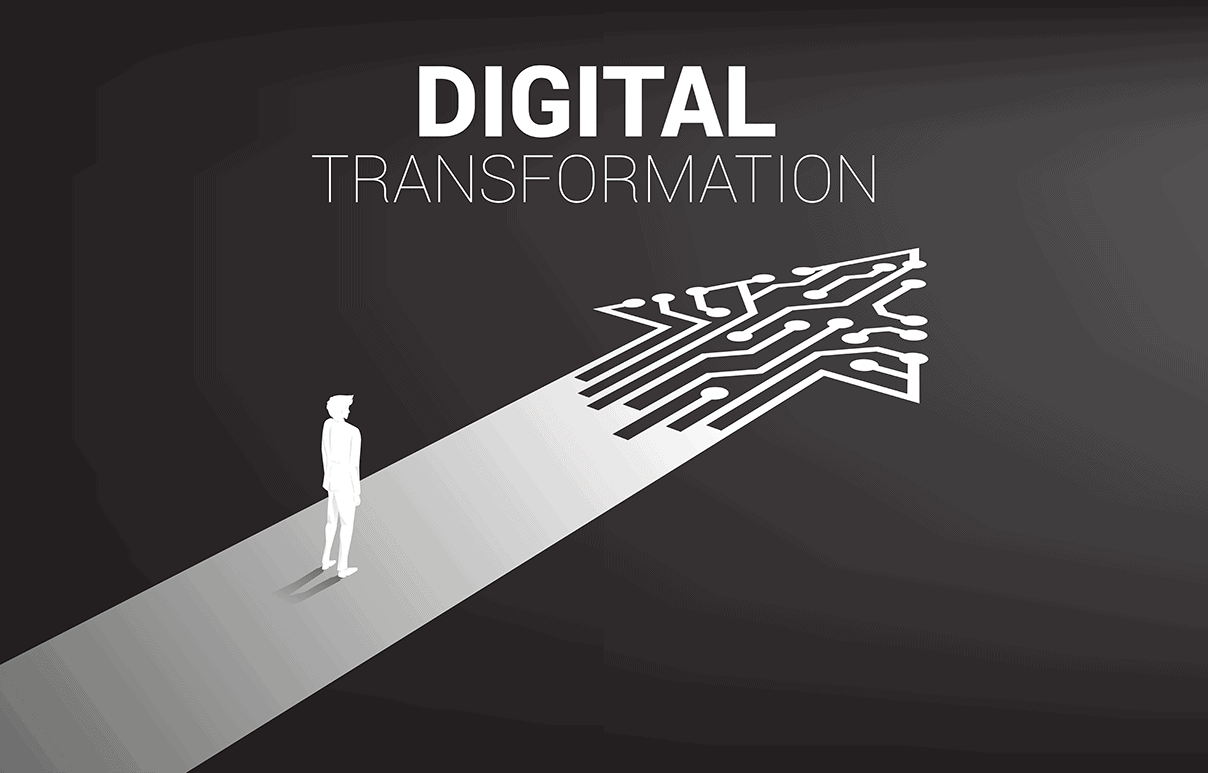This week, the six most popular articles of 2022.
Welcome to The Digital Eye, your weekly roundup of the latest technology news.
Our team of experts has scoured the internet for the most exciting and informative articles so that you can stay up-to-date on Digital, Data, Blockchain, AI & Analytics, and Digital Transformation.
Popular articles of 2022:
The most popular article of 2022:
We hope you find this information valuable and would appreciate your help sharing it with others who may be interested.
4 valuable areas of digital transformation in 2023 for Insurance, 3rd one is the best
This article looks at the four most valuable areas of Digital Transformation in Insurance in 2023 and how businesses will create better customer experiences with digital transformation.
Can AI Teach Us How to Become More Emotionally Intelligent?
Emotional Intelligence – “a type of social intelligence that involves the ability to monitor one’s own and others’ emotions, to discriminate among them, and to use this information to guide one’s thinking and actions.”
Summary: Emotional intelligence matters more to one’s success as a manager than IQ or technical skill.
The main takeaway: emotional intelligence is just as important as any “hard skill”, and investing in it helps individuals and teams succeed at work. Companies are wise to explore AI solutions that can help make their teams more emotionally intelligent and communicators. Indeed, AI can enhance our emotional intelligence by making us more self-aware and helping us manage key work relationships.
Improving our emotional intelligence and communication skills makes us more efficient, productive, and empathetic. Although the technology is far from perfect, it is becoming more intelligent daily as platforms increase in data, scale, and sophistication. The technology is in place to make our teams more emotionally intelligent and companies more successful and profitable.
How to Improve Artificial Intelligence in the Future
Computer scientists at the University of Essex have devised a radically different approach to improving artificial intelligence (AI) in the future.
Computer scientists at the University of Essex have devised a radically different approach to improving artificial intelligence (AI) in the future.
Published in the top machine learning journal – the Journal of Machine Learning Research – the Essex team hope this research will provide a backbone for the next generation of AI and machine learning breakthroughs.
This could be translated to improvements in everything from driverless cars and smartphones having a better understanding of voice commands to improving automatic medical diagnoses and drug discovery.
Does the best AI think like a human?
A new technique compares the reasoning of a machine-learning model to that of a human, so the user can see patterns in the model’s behaviour.
In machine learning, understanding why a model makes certain decisions is often just as important as whether those decisions are correct. For instance, a machine-learning model might correctly predict that a skin lesion is cancerous, but it could have done so using an unrelated blip on a clinical photo
While tools exist to help experts make sense of a model’s reasoning, often these methods only provide insights on one decision at a time, and each must be manually evaluated. Models are commonly trained using millions of data inputs, making it almost impossible for a human to evaluate enough decisions to identify patterns.
Now, researchers at MIT and IBM Research have created a method that enables a user to aggregate, sort, and rank these individual explanations to rapidly analyze a machine-learning model’s behaviour. Their technique, called Shared Interest, incorporates quantifiable metrics that compare how well a model’s reasoning matches that of a human.
AI Reskilling: 4 Excellent Reasons This Is A Sensible Solution To The Worker Crisis
Future-proofing starts now
By 2025, the World Economic Forum estimates that 97 million new jobs may emerge as artificial intelligence (AI) changes the nature of work and influences the new division of labor between humans, machines and algorithms.
Specifically in banking, a recent McKinsey survey found that AI technologies could deliver up to $1 trillion of additional value each year. AI is continuing its steady rise and starting to have a sweeping impact on the financial services industry, but its potential is still far from fully realized.
The transformative power of AI is already impacting a range of functions in financial services including risk management, personalization, fraud detection and ESG analytics. The problem is that advances in AI are slowed down by a global shortage of workers with the skills and experience in areas such as deep learning, natural language processing and robotic process automation. So with AI technology opening new opportunities, financial services workers are eager to gain the skills they need in order to leverage AI tools and advance their careers.
How advanced is artificial intelligence right now?
Somewhere deep inside us is a desire to create this creature and command its awesome power.
One of the challenges in following the news about developments in the field of artificial intelligence is that the term “AI” is often used indiscriminately to mean two unrelated things.
The first use of the term AI is something more precisely called narrow AI. It is powerful technology, but it is also pretty simple and straightforward: You take a bunch of data about the past, use a computer to analyze it and find patterns, and then use that analysis to make predictions about the future. This type of AI touches all our lives many times a day, as it filters spam out of our email and routes us through traffic. But because it is trained with data about the past, it works only where the future resembles the past.
That’s why it can identify cats and play chess, because they don’t change on an elemental level from day to day.
Article by @TechRepublic
There is plenty of talk about artificial intelligence in the enterprise, but it is not very practical. That’s because enterprises aren’t equipped with an army of data scientists to build and train new AI models. And it’s not just the lack of qualified data scientists — AI breakthroughs require massive amounts of relevant, annotated data.
That doesn’t mean there is no place for AI in your enterprise innovation strategy. Savvy CIOs use in-market models and APIs by commercial and industry leaders to solve well-defined use cases, bringing immediate, measurable value to the organization. Use this guide as a way to jumpstart practical AI initiatives.
What is AI?
AI is a term getting thrown at everything of late, including technology that definitely doesn’t qualify. It’s important not to let the hype distract you from the potential that AI can deliver. Think of AI as an umbrella of technologies that strive to simulate human intelligence processes.
What is the AI spectrum?
When applying AI in the enterprise, the lines between doing and thinking often get blurred. This progression is sometimes referred to as the AI spectrum.



